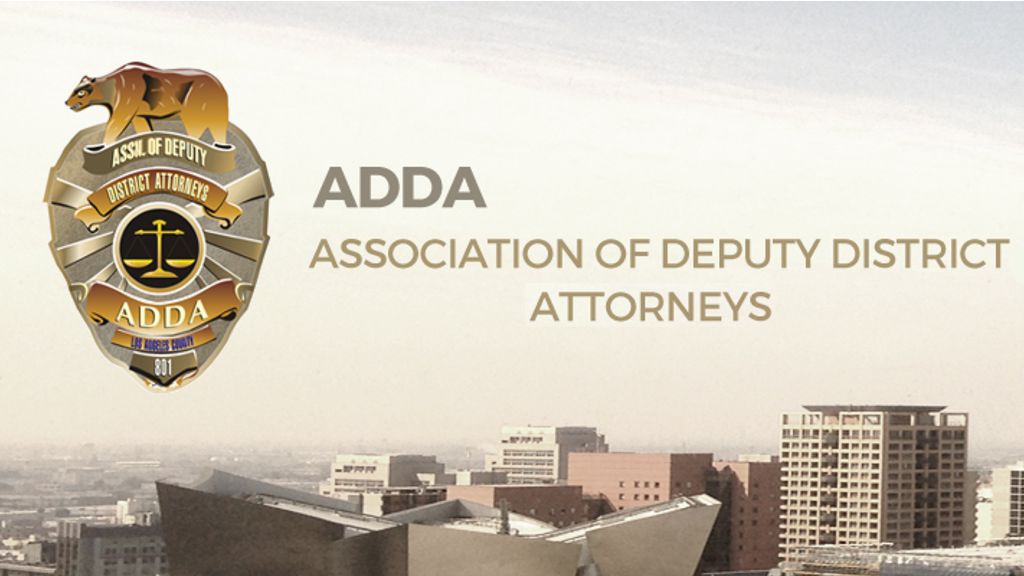
Democrats have lately revived their campaign to make the District of Columbia the 51st state — or 52nd, if they get their way on Puerto Rican statehood. Besides being politically and legally infeasible, D.C. statehood would be bad for the health of the American republic. While some aspects of the argument in favor of it have improved in recent years, events this year have thrown into sharp relief why the Founders wanted the federal district to be forever separate from any state.
The Constitution defines a unique status for the seat of the federal government. A constitutional amendment is required to change that. Article I, Section 8 of the Constitution gave Congress plenary local lawmaking power to “exercise exclusive Legislation in all Cases whatsoever, over such District” — the broadest power Congress exercises anywhere. The 23rd Amendment, passed by Congress at the urging of President Dwight Eisenhower and then-senator John F. Kennedy in 1960, and ratified the following year, gave D.C. residents the right to vote in presidential elections as they would if D.C. were a state. But it defines D.C. as a permanent constitutional entity of its own, outside of statehood. The Justice Department has repeatedly concluded, under administrations of both parties, that D.C. statehood requires amending the Constitution. That isn’t going to happen. The last time such an amendment was tried, in the 1970s, only 16 states signed on.
The District of Columbia is overwhelmingly Democratic, which is inseparable from why Democrats are so eager to give it representation in the Senate. Indeed, some Democrats have argued for D.C. statehood as partisan retaliation for Republicans’ filling the Ruth Bader Ginsburg vacancy on the Supreme Court so close to the 2020 election. Republicans make up only 6 percent of the District’s registered voters. No Republican has been elected mayor of D.C. since the start of home rule in 1975. There are no Republicans on the D.C. city council, and there have been none for over a decade. Richard Nixon’s 21.6 percent of the vote in 1972 is the only time a Republican presidential candidate cracked a fifth of the vote; George H. W. Bush in 1988 was the last Republican to crack a tenth of the vote. Given Democrats’ naked and obvious partisan motives in pushing for statehood, there is no prospect that the required 38 states could be persuaded to amend the Constitution even if a Democrat-controlled Congress mustered the required two-thirds vote in both houses to pass an amendment.







